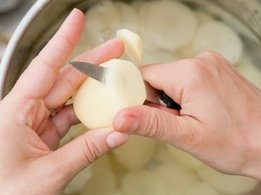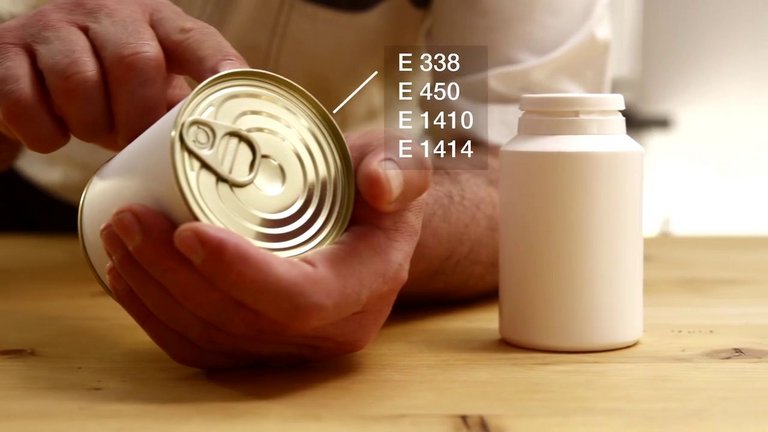Okay. But why do I need to be careful about it?
One of the kidney’s functions is to make sure that you have the right amount of potassium in your blood. What is too much, is simply filtered it out. When your kidneys are not able to fulfil this function properly, the potassium level in your blood rises.
Although dialysis efficiently filters out potassium, it builds up quickly in your body in between your dialysis sessions. Therefore, you need to take care that you do not consume too much potassium.



![[Translate to UK - englisch:] [Translate to UK - englisch:]](/fileadmin/_processed_/b/6/csm_Stir-fried_Chicken_homeTeaser_453c12faa7.jpg)